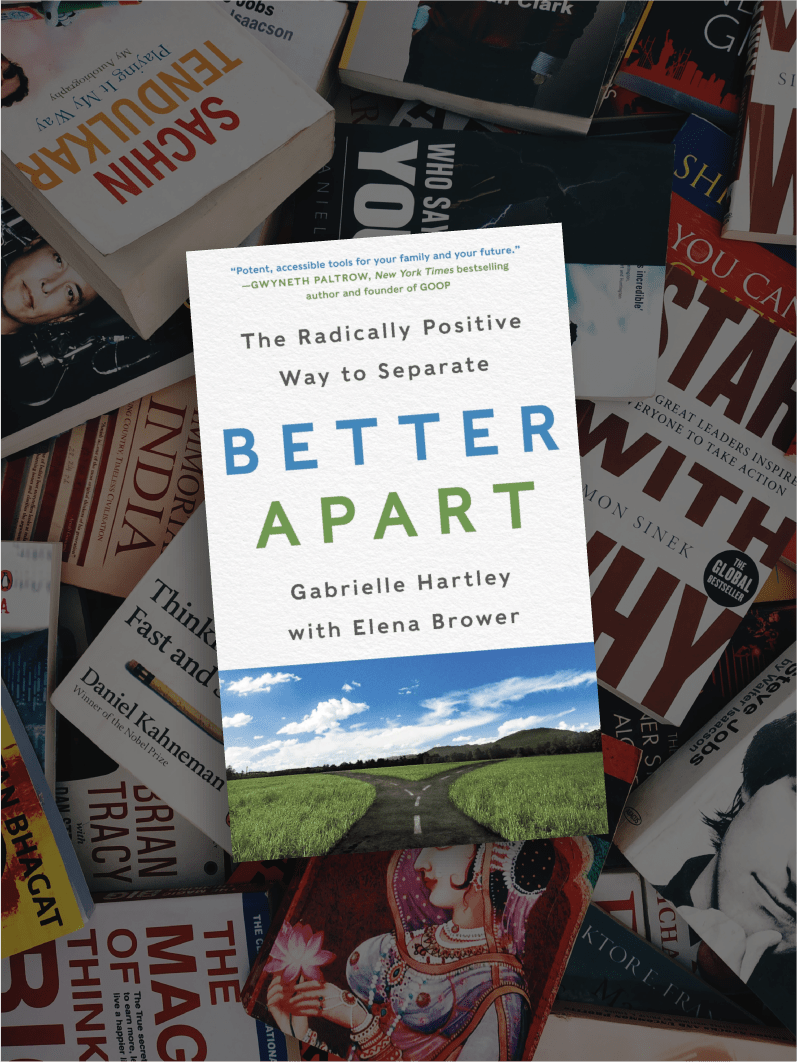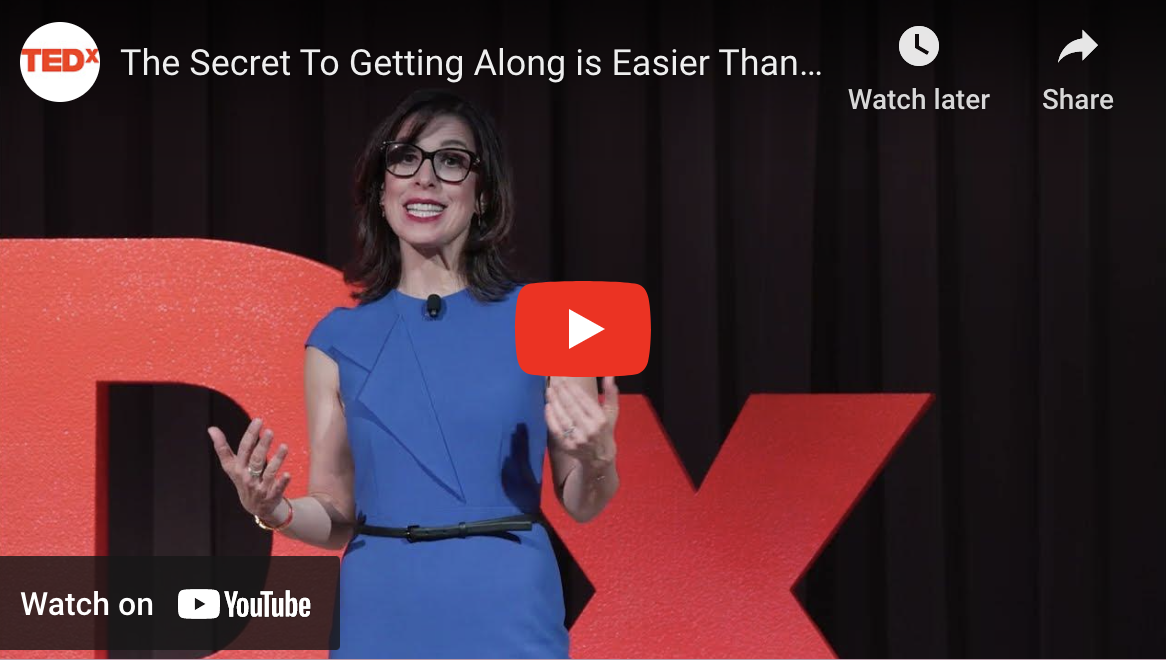After a divorce, it’s common to feel worn out from the emotional roller coaster that is the divorce process, the legal proceedings, and all the life changes you’ve experienced because your marriage ended.
For many, the last thing they want to think about is their finances, especially if you were not the one responsible for money management before your divorce.
With that said, the only thing that gave me peace of mind around my finances after my divorce was knowing exactly how much income I had, what my expenses were, what I had and what I owed. Getting clarity around your finances and having a plan to reach your goals can be incredibly empowering. Here are four common financial mistakes that could be holding you back from truly thriving financially after your divorce.
Mistake #1 – Managing Your Money Like Nothing Has Changed
Regardless of your financial circumstances, a lot changes when you get a divorce. Your assets and debts are divided. The same amount of income is now supporting two households instead of one. You may have moved and are looking at different utility costs and maintenance expenses than you’re used to.
Don’t allow fear or lack of financial knowledge keep you from getting clear on your new financial situation. Continuing to live as if nothing has changed is a recipe for financial disaster. You could be digging yourself into more debt every month or spending down all your assets and before you know it, there’s nothing left.
Clarity around your new income and expense situation arms you with vital information to make financial decisions. It lets you know how much you have available to save and how much you can spend each month. It also lets you know if you need to take practical steps to increase your income to maintain the lifestyle you’ve grown accustomed to.
Mistake #2 – Keeping Up with the Jones’ (or the Exes)
Do you ever find yourself envious of your neighbor’s new car or even angered by your ex’s latest vacation with his new girlfriend? Stop comparing yourself to others! Spending money is not a competition and treating it as such will always leave you feeling behind and lead to overspending.
One thing that I have learned from being a financial planner for more than a decade is that you cannot tell how much money someone has or does not have by how they spend. Some of my wealthiest clients are those who choose to live very modestly and keep their savings invested. On the other hand, some of those struggling financially have solid incomes but consistently spend above their means and are drowning in debt.
Is that new car really worth it if you will be stressed making your payments each month and have no extra money to do fun things with your friends and family? When it comes to managing money for yourself and your family, it’s important to get aligned with your own values – what matters most to you? Make your financial decisions with your values as your guide rather than worrying about how others spend their money.

Mistake #3 – Holding onto Past Financial Mistakes
If you have made a financial mistake in the past – that’s completely normal. You’re human, and you’re not expected to know everything. Did you rack up tons of debt in college because you lived off credit cards–and beat yourself up because you’re still paying them off? Do you ever feel like you should’ve “started earlier” when it comes to saving, investing, paying off that debt, or bringing in more income? Maybe you’re beating yourself up for not being more involved or aware of the finances when you were married.
Whatever the reason, beating yourself up for past money mistakes can be blocking you from improving your financial situation now. I cannot tell you how many people I’ve spoken to over the years who have lost out on significant investment returns because they made an investment mistake in the past and couldn’t let it go.
Others have held on to anger around debt that their ex racked up without their knowledge. Regardless of what is in the past, consider reframing the way you think about it. What if, instead of beating yourself up, you consider it an opportunity to learn, so you don’t make the same mistake again.
You have to forgive and let go of every single one of these incidents if you genuinely want to create space in your life to optimize your finances.
Mistake #4 – Not Having a Plan to Reach Your Goals
I imagine you’ve heard the saying that a goal without a plan is just a wish. The plan does not have to be perfect, and it does not have to be written in stone, but if you want to reach your financial goals, you have to start implementing steps to get there. The plan is those steps that you’ll be taking.
What’s the top priority? Maybe your current income is not sufficient to support the life you want. You might prioritize increasing your income. Perhaps you have some high-interest debt that you want to eliminate. Your first step might be increasing your payment to eliminate the debt faster. Maybe your goal is to position yourself to retire at a certain age. Your first step could be to reposition your retirement assets so that your money is working harder for you.
Everyone’s goals and priorities are different, and your plan should reflect what is most important to you. (Remember, this is about you and not what your ex is doing or your neighbors or anyone else you might be comparing yourself to.)
When I was first divorced, I had very little savings and was nervous about solely relying on myself for income. As a result, an emergency savings account became far more important to me than it ever was previously. That’s right – a change in life circumstances can mean that your goals change, too. To support my goal, I did three things: (1) I reduced my expenses, (2) I started saving an extra $200 per month, and (3) I found an opportunity to increase my income so I could accelerate my savings rate and reach my goal faster. When I started making more money, I updated my plan accordingly.
The First Year Was the Hardest for Me
The first year following my divorce was the hardest for me. I had to get used to our new parenting arrangement, and at the time, my ex and I could barely communicate. I was stressed about making ends meet and had very little savings. And, I was embarrassed that my marriage didn’t work out and avoided many social situations because I didn’t want to talk about it.
I felt very isolated that first year and I’ve noticed that many of my clients struggle in the initial years after their divorces. That’s what inspired me to create the Thriving After Divorce Summit, a free online event from 9/22-9/26/2021, where more than 20 experts will share their tips on how to thrive after a divorce. If you want to be part of a supportive community of women who have gone through or are going through the same thing you are, join us.

Leah Hadley will tell you she’s had a lot of challenging financial times in her adult life-becoming a parent of three overnight, getting divorced, and losing her job, to name a few. These have been times when her ability to hunt down appropriate resources and careful financial planning was critical to her peace of mind.
Now a best-selling author, Certified Divorce Financial Analyst (CDFA) and an Accredited Financial Counselor (AFC), Leah is the founder of Great Lakes Divorce Financial Solutions and Great Lakes Investment Management. She uses all of her knowledge and 15 years of experience to help her clients make wise financial decisions so they can begin the next phase of life with the strongest possible financial foundation. Leah is committed to strengthening families through financial wellness.
Learn more about Leah and the ways she can help you become MoneyWise at www.WatchHerThrive.co.
Some links and posts are from our sponsors. Here’s how it works.
P.S. Want more tools and resources to stay positive during a divorce? Download my Free Divorce Survive & Thrive Kit below!


BETTER APART
The Radically Positive Way to Separate
Gabrielle Hartley with Elena Brower
Available on Amazon
“Potent, accessible tools for your family and your future.”
— Gwyneth Paltrow, New York Times Bestselling Author and Founder of GOOP

FOLLOW GABRIELLE

DISCLAIMER: The commentary, advice, and opinions from Gabrielle Hartley are for informational purposes only and not for the purpose of providing legal advice or mental health services. You should contact an attorney and/or mental health professional in your state to obtain advice with respect to any particular issue or problem.
- One Edgewater Plaza Suite 304, Staten Island, NY 10305
- 266 Smith Street, Brooklyn, NY 11231
Northampton MA
PHONE:
New York: (917) 905-4553
Boston: (413) 450-0420


